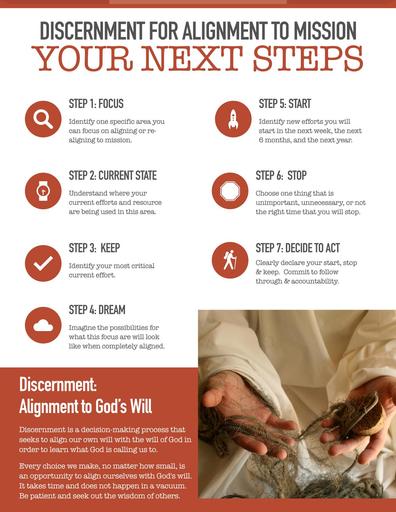The Making Disciples Today Blog has reflections to help you grow in your journey of missionary discipleship, reviews on recommended Catholic evangelization resources, and practical insight on how to evangelize in your daily life.
- Details
- Written by: Burning Hearts Team
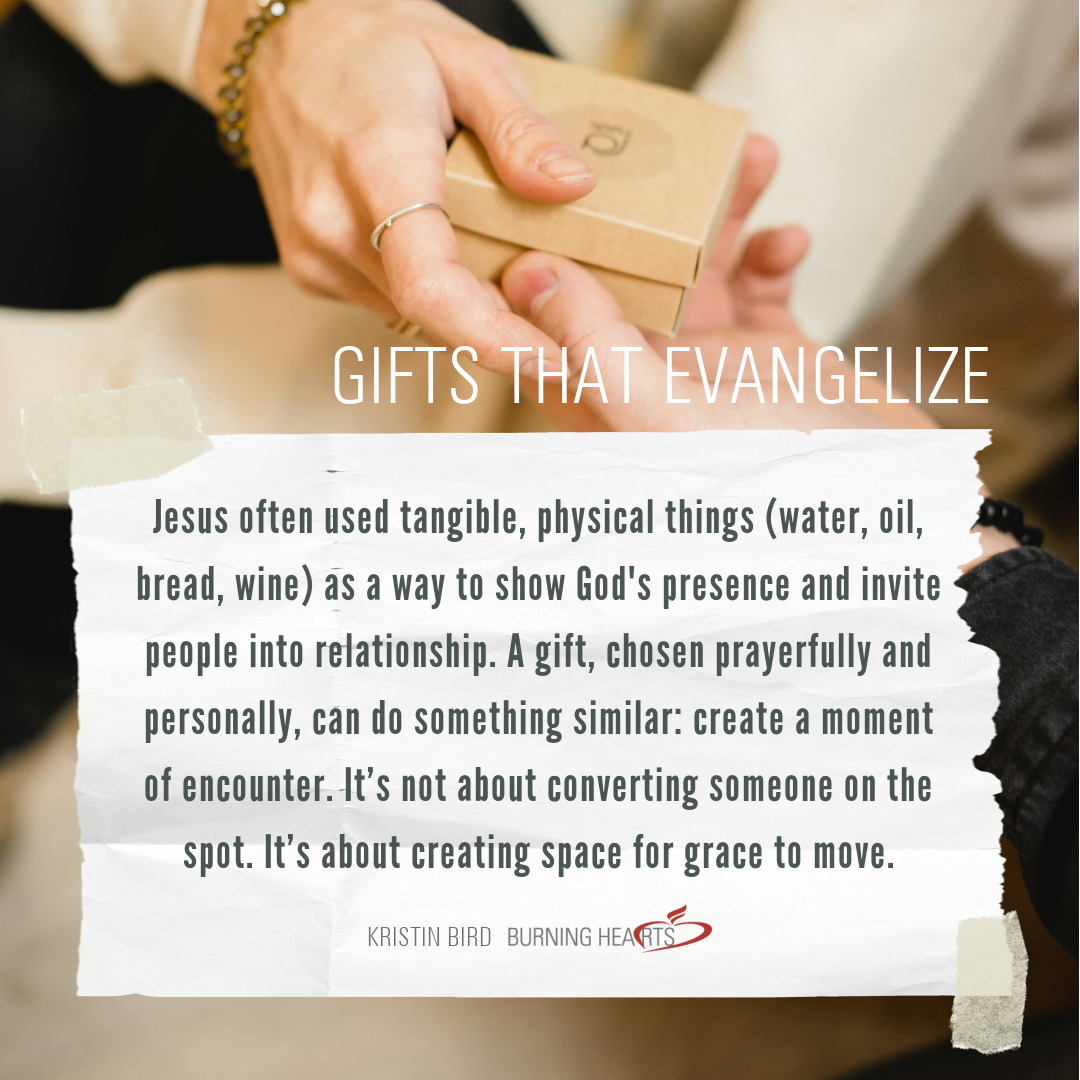
Thoughtful, mission-minded Catholic gifts that plant seeds of faith
We’ve all been there: we want to offer a gift that encourages someone’s faith—but we don’t want it to feel forced, cheesy, or overly “churchy.”
At Burning Hearts, we're not here to sell stuff. We're here to help you live your mission to share the Good News fruitfully through intentional, Spirit-led evangelization. And we know you're not here to shop; you’re here to love people well.
We’re not just handing you a shopping list; we’re inviting you to love someone well, with purpose and intention. A small, thoughtful gift can do more than we expect: open a door, spark a conversation, or remind someone they’re not alone.
- Details
- Written by: Kristin Bird
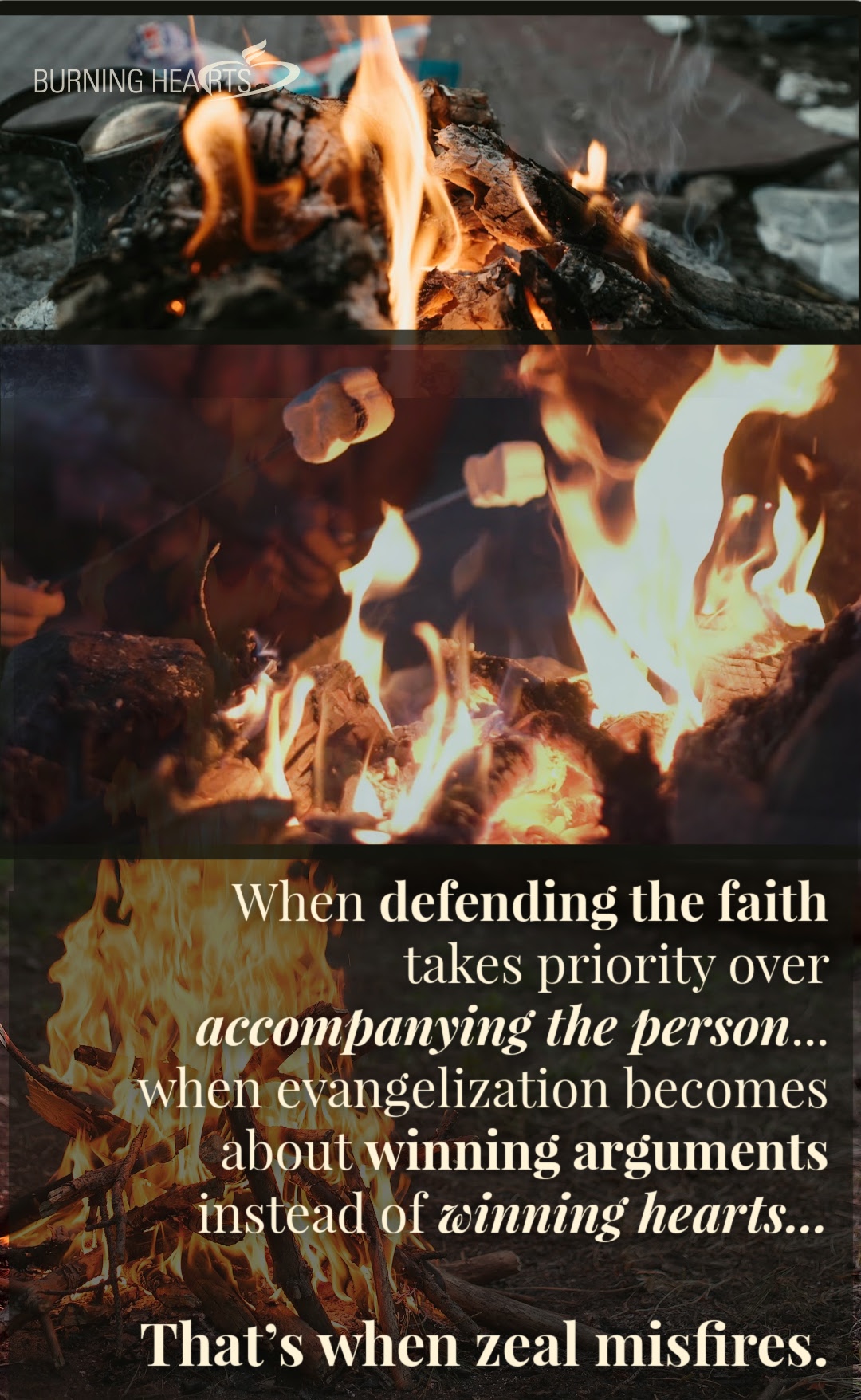
Lately, I’ve been wondering if our zeal is really bearing fruit.
We care deeply about the mission. We pour ourselves into programs, liturgies, catechesis, and parish life. But sometimes, beneath the activity, there’s a quiet unease. Are we proclaiming Jesus...or just defending ourselves? Are we really listening to people's hearts...or just listening in order to respond?
Sometimes, I wonder if the most dangerous thing for our mission isn't apathy, but the wrong kind of passion. A zeal misdirected and misfiring.
- Details
- Written by: Kristin Bird
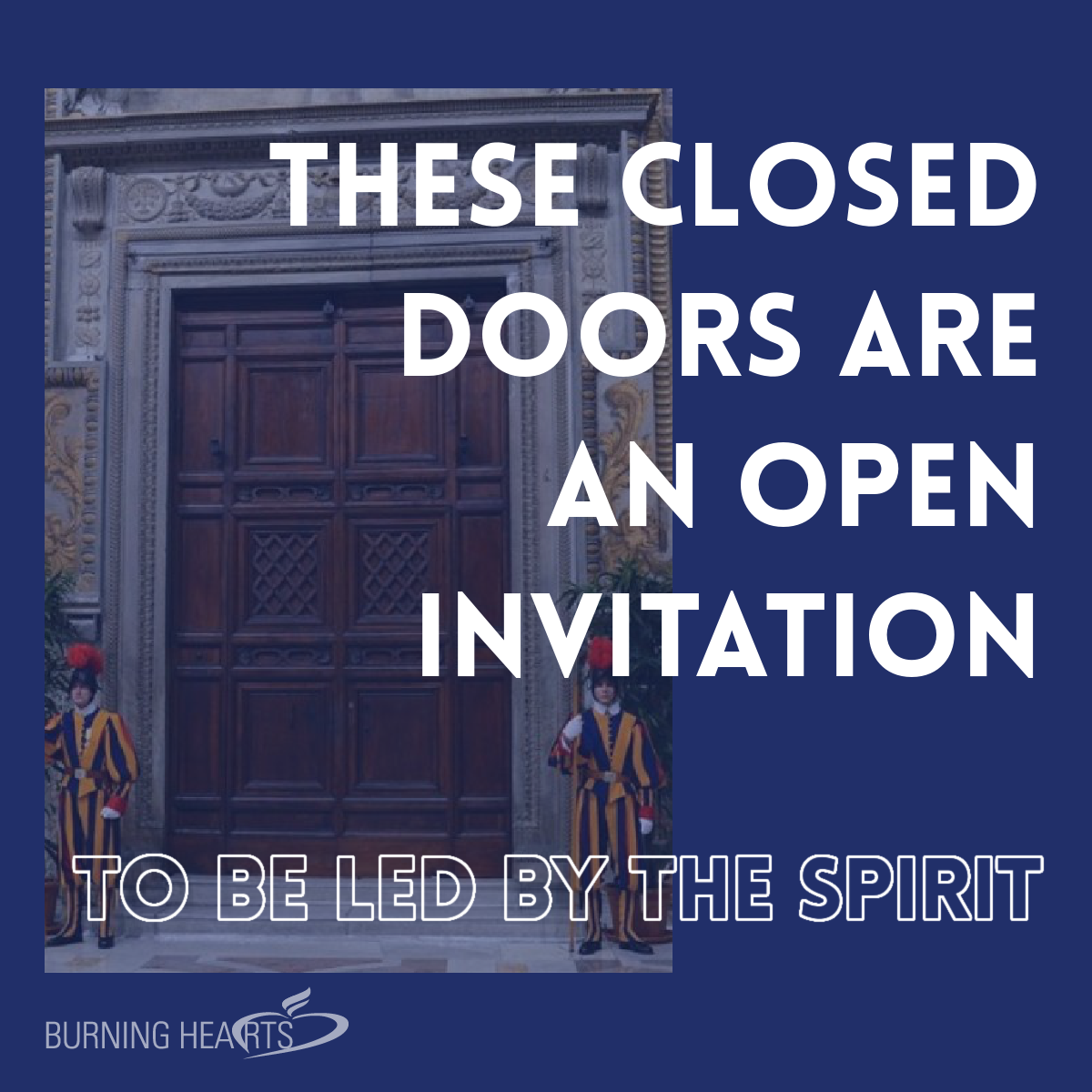
A Wake-Up Call for Parish Leaders
As the Cardinals gather behind locked doors in Rome, headlines swirl, speculation builds, and the world waits for white smoke. Everyone’s watching.
But what if this moment isn’t just something to observe?
What if the conclave is more than a moment in Rome—what if it's an invitation for you?
What if every parish leader used this time to pause, pray, and reflect—not just on who will lead the Church next, but on how we’re leading right now?
- Details
- Written by: Burning Hearts Team
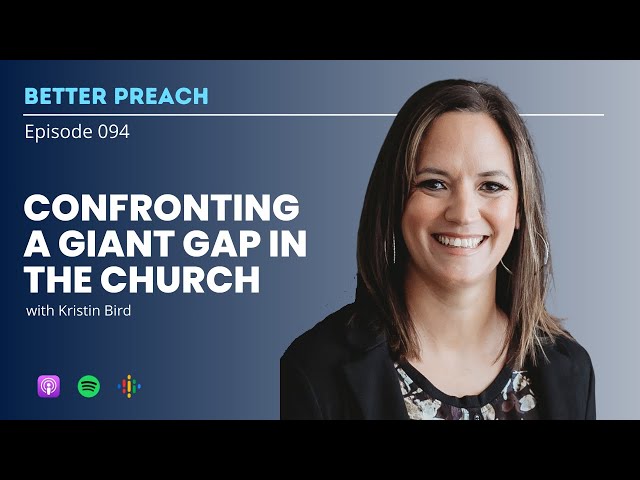
In a recent guest appearance on the Better Preach podcast with Ryan O’Hara, our Executive Director Kristin Bird dug into one of the biggest pain points we see in the Church today: the massive gap between what the Church teaches and what most Catholics experience.
They talked about why the answer isn’t more programs, more content, or even better preaching (though that helps!) but deeper accompaniment. If you're a Catholic leader hungry for real transformation in your parish or school, we think you’ll find this conversation both affirming and challenging.

